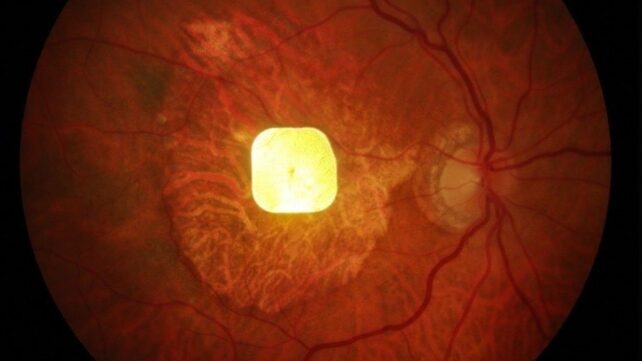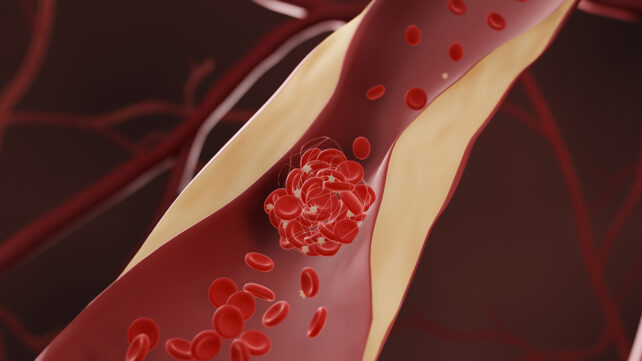This week in science: The eerie origin of why people with schizophrenia hear 'voices in their head'; the chemistry that makes 'poop coffee' such a delicacy; how humans could learn to breathe through our butts; and much more!
50-Year-Old Theory on Schizophrenia's 'Voices' Confirmed by Recent Study

New evidence finds people with schizophrenia hear 'voices in their heads' because their brains mistake their inner speech as external.
"When we speak – even just in our heads – the part of the brain that processes sounds from the outside world becomes less active," explains Thomas Whitford, a psychology researcher at the University of New South Wales. "This is because the brain predicts the sound of our own voice. But in people who hear voices, this prediction seems to go wrong, and the brain reacts as if the voice is coming from someone else."
Read the full story here.
Revolutionary Prosthetic Eye Chip Restores Sight in Medical First

A tiny chip implanted in the eyes of people with macular degeneration has restored central vision to 80% of patients in a 12-month trial.
"Before receiving the implant, it was like having two black discs in my eyes, with the outside distorted," says trial patient Sheila Irvine. "I was an avid bookworm, and I wanted that back. I was nervous, excited, all those things. There was no pain during the operation, but you're still aware of what's happening. It's a new way of looking through your eyes, and it was dead exciting when I began seeing a letter."
Read the full story here.
World's Most Expensive Coffee Is Chemically Different Because It's Literally Poop

The world's most expensive coffee – brewed from the poop of small mammals – has boosted flavor compounds, chemical analysis shows.
"These observations go with the hypothesis that the civet's digestive process, comprising natural fermentation along with the enzymatic uptake, modifies the beans' chemical composition, intensifying the flavor and adding to the distinctive sensory characteristics of civet coffee," the authors write in their published paper.
Read the full story here.
Weight Loss Isn't Essential For Reversing Prediabetes, New Study Shows

A study of people with prediabetes found that other factors are more important than just weight loss in preventing disease progression.
"In the future, guidelines for the prevention and treatment of type 2 diabetes should not only take weight into account, but above all blood glucose control and fat distribution patterns," says Reiner Jumpertz-von Schwartzenberg, from the University of Tübingen.
Read the full story here.
Human Trials Bring Us Closer to Breathing Through Our Butts

We could soon breathe through our butts. A trial in Japan has shown that it's safe to deliver oxygen rectally, as a backup for blocked airways.
The process is called "enteral ventilation", and researchers envisage that in the case of humans, it would involve delivering a perfluorocarbon liquid containing a very high concentration of oxygen directly into the rectum. The idea is that the oxygen passes through the intestinal walls and makes its way into the bloodstream, bypassing any issues a patient may have breathing the more traditional way.
Read the full story here.
Drugs That Lower Cholesterol May Also Reduce Dementia Risk, Says Huge New Study

Cholesterol-reducing medications like statins could also provide a bonus of reducing the risk of dementia, according to a huge new study.
The team found a notable correlation between genetics that predicted low cholesterol and a lower risk of dementia, suggesting the biological paths affected by genes that keep cholesterol low – and which are targeted by statins and ezetimibe – also influence the likelihood of dementia.
Read the full story here.

